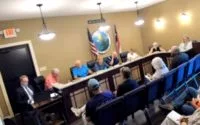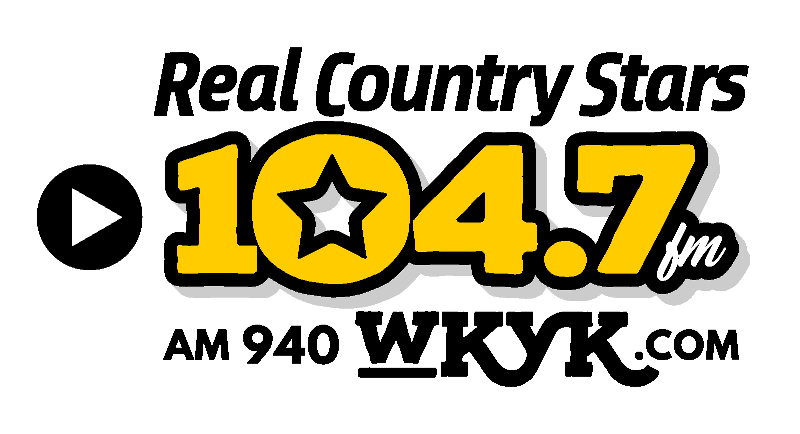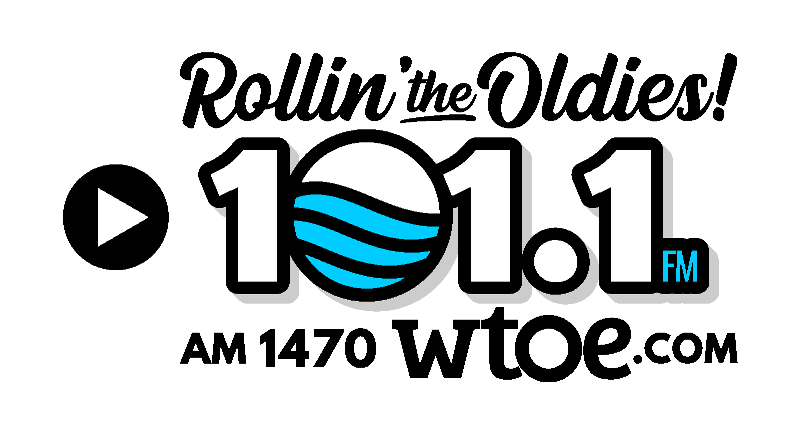
At a special called meeting on Monday evening, October 3rd, the Spruce Pine Town Council met to answer recent allegations that had been raised about the town’s revolving loan program. Town Manager Darlene Butler listed each of the 40 loans that had been made through the program from 1988 through 2019. Butler listed the person and persons the loans were made to and the amounts and noted their status. Thirty-six of the loans have been satisfied. Three are still in active status with promissory notes on file and one loan is in default. Finance Officer Crystal Young noted that the one loan in default lacked $5342.35 and the person is deceased. However with interest that was earned off the $15,000, Young said the loss on the loan was only about $1000.
The origination of the loan program goes back to 1979 when the town was awarded a federal government Urban Development Action Grant in the amount of $600,000, of which 100% was to go to Henredon, Inc for plant expansion. Upon repayment of the grant proceeds, the Town of Spruce Pine was given permission to use the funds “as needed”. In 1987 the town alderman established a $150,000 revolving loan program for people and businesses for economic development purposes. Terms were set at a limit of $15,000 for 12 years at 5% interest. In 2010 that amount was raised to $35,000.
According to Finance Officer Young, the revolving loan program has been discontinued since it served its purpose and funds for businesses are now available through other sources such as nonprofits. Currently there is a balance of $956,363.31 in this fund. It gained more than $28,000 in interest last year. Young said a recent audit has confirmed all the revenues with the bank. It is not a part of the general fund. The town council will decide what to do with the funds.
In conclusion Mayor Harding noted that for 45 years from 1988 to 2019 the Town of Spruce Pine had approximately seven mayors, 16 council members serving multiple terms, five finance officers and five town clerks, who all worked within the parameters of the revolving loan program to support around 40 local small businesses, with no city taxes supporting the program. Harding said, “The numbers speak for themselves, leading to our conclusion that the revolving loan program served its purpose.”





